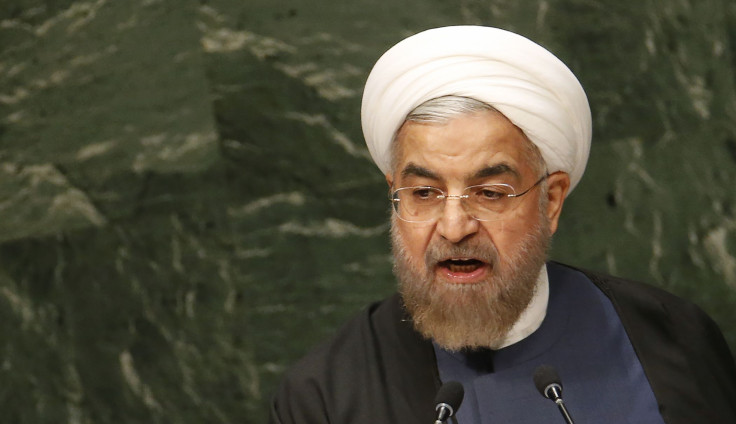Iran Nuclear Deal: Hassan Rouhani Speaks To French, British, Russian Leaders As Deadline Nears

As negotiators race against time to finalize a draft agreement on Iran’s nuclear program before the self-imposed deadline of March 31, the country’s president has stepped up efforts to resolve the standoff at the ongoing negotiations. Hassan Rouhani reportedly urged leaders of the nations involved in the talks to capitalize on an “exceptional opportunity” to finalize the deal.
“We should move in the direction of national and international interests and not let this opportunity be missed easily,” Rouhani said, during a phone call with British Prime Minister David Cameron on Thursday, according to a report by Iran’s state-owned PressTV.
“Both leaders [Cameron and Rouhani] expressed their commitment to securing a deal. They both agreed that the ongoing discussions in Switzerland and the possibility of securing a political framework by the end of the month presented a historic opportunity,” a British government spokesperson said, in a statement.
In addition, Rouhani wrote to U.S. President Barack Obama, who had last week said that Iran and the U.S. had the “best opportunity in decades” to pursue a different future, and also spoke with leaders of Russia and France. A statement from Francois Hollande’s office said the French president had expressed the need to “work in good faith to finalize a lasting, robust and verifiable agreement,” during his conversation with Rouhani.
Meanwhile, Russian President Vladimir Putin “expressed satisfaction” at the progress of the nuclear negotiations between Iran and the P5+1 -- the U.S., U.K., Russia, France, China and Germany -- the Kremlin said, in a statement released Thursday.
The negotiations, which are currently being held in the Swiss city of Lausanne, aim to significantly downsize Iran’s nuclear program, which, the West claims, is focused on manufacturing nuclear weapons. Iran, however, has rejected these allegations and has consistently insisted that its program is solely for peaceful purposes.
On Thursday, Rouhani re-emphasized what he called the “peaceful nature” of the program and said that a fatwa by Iran’s Supreme Leader Ayatollah Ali Khamenei ensured that it would remain so, PressTV reported.
A comprehensive deal between the P5+1 and Iran, meant to be finalized by June 30, would see significant reductions in the number of active centrifuges in Iran. However, major differences still remain.
Iran is currently believed to have fewer than 10,000 active centrifuges, but, according to some estimates, can amass enough enriched uranium to make a bomb in under three months.
© Copyright IBTimes 2024. All rights reserved.












